In an appearance on the podcast Theories of Everything with Curt Jaimungal, the smartest man in the world shares his views on what happens after we die.
Chris Langan, known for having an IQ between 190 and 210, claims to have an answer to this age-old question.
Smartest man Chris Langan’s theory: death as a transition to another state of being
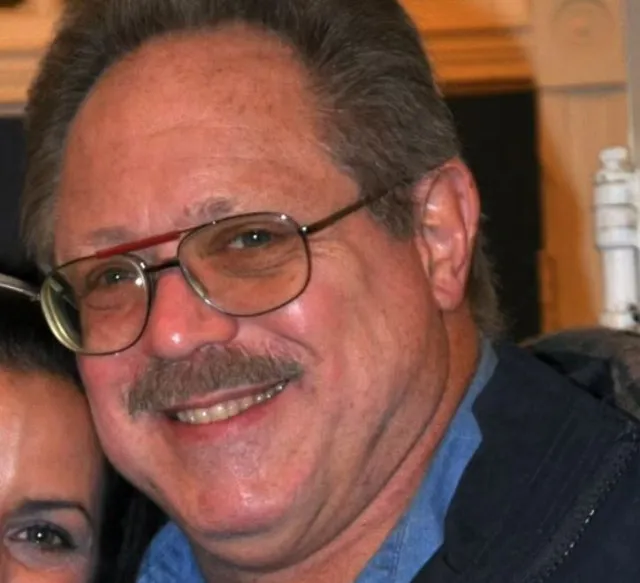
The Smartest man, Langan, a 72-year-old horse rancher from the U.S., is said to possess one of the highest IQs in history.
His intelligence exceeds that of renowned figures like Albert Einstein by up to 50 points. Langan has developed a hypothesis called the Cognitive-Theoretic Model of the Universe (CTMU), which he believes explains the connection between mind and reality.
According to Langan, death does not signify the end of existence. Instead, he proposes that when we die, we transition from one form of being to another.
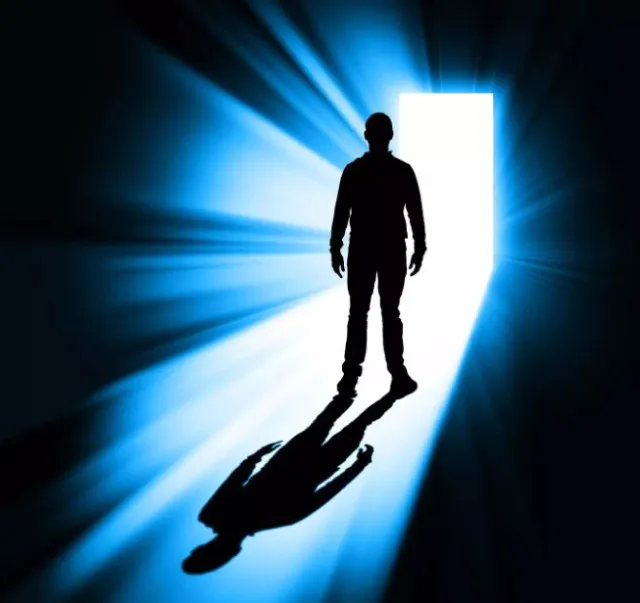
This transition occurs within the computational structure of reality. In essence, the soul or consciousness moves to another dimension, one we cannot access while alive.
In an appearance on the podcast Theories of Everything with Curt Jaimungal in May, he said: ‘The termination of your relationship with your particular physical body that you have at this present time. When you are retracted from this reality, you go back up toward the origin of reality.
‘You can be provided with a substitute body, another kind of terminal body that allows you to keep on existing.’
Langan’s vision of the afterlife
While it’s unclear what this new dimension would look like, Langan believes that traditional views of heaven and hell are too simplistic.
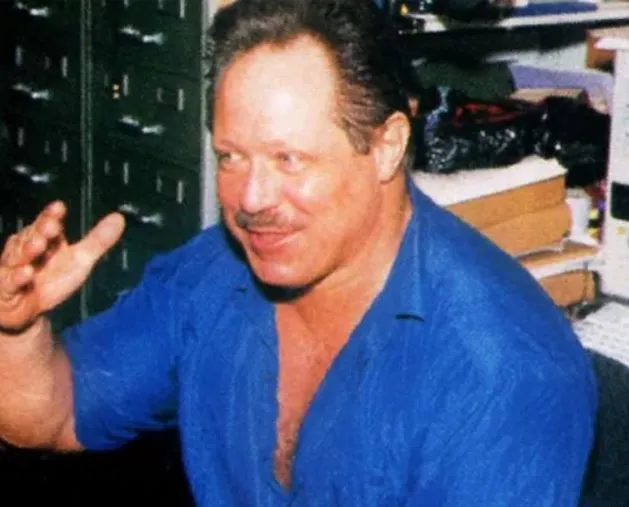
In his view, death leads to a new state of existence beyond what we can currently understand.
During an appearance on the podcast, Langan explained that death is the termination of our connection to the physical body.
He suggests that after death, we move “back up toward the origin of reality.”
He believes that at this point, we may be provided with a substitute body, allowing us to continue existing.
Langan claimed that people have memory and continuity after death
Langan asserts that even after death, we don’t cease to exist. However, once we transition to this new state of being, we may not retain memories of our previous existence.
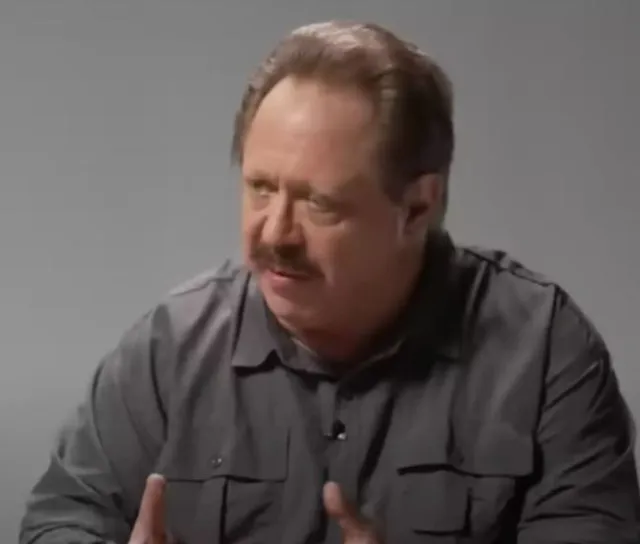
He says ‘You can have – these memories can be – nothing goes out of existence in the math.
‘Your memories can always be pulled back out, but there’s no reason to do that usually, OK?
‘Why cling to memories of a world in which you are no longer instantiated?
‘So, there are certain automatic psychological things that happen on death, at the moment of death.’
This state after death may resemble a meditative experience, where everything changes around us, but nothing happens simultaneously. Langan argues that all lifetimes, if reincarnated, are meta-simultaneous, meaning they occur at once in a non-terminal domain.
The Afterlife: A profound shift in consciousness
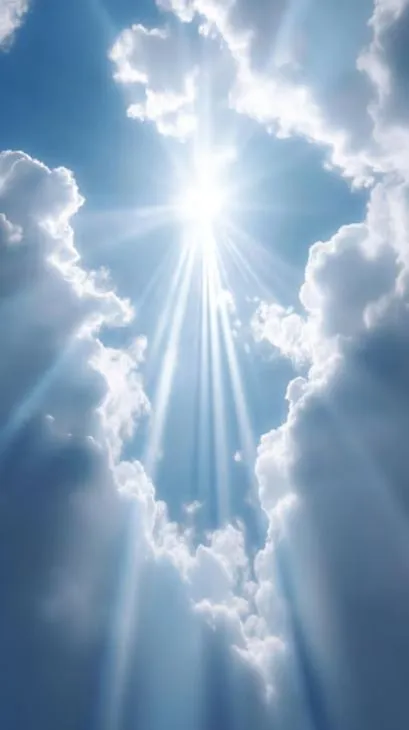
While the state Langan describes after death is not the afterlife, he sees it as existing within a supercomputer-like reality. In his view, the afterlife is something entirely different. It involves a profound shift in consciousness, where the soul or consciousness moves beyond the physical and mental self.
Langan’s theory also posits that the concept of God is not a deity in the heavens, but the identity of certain properties observable in the world. He views the CTMU as a “Theory of Everything,” built on three key assumptions.
Langan’s first assumption is that reality is made up of information in the form of language. This idea ties into the self-simulation hypothesis, which suggests that all of existence is information that humans define as thought.
His second assumption is that reality is “transtemporal,” meaning events from one timeline can influence other timelines.
Finally, Langan proposes that our self-simulated reality contains a “panconsciousness” — a substrate of information emerging from the creator or simulator.